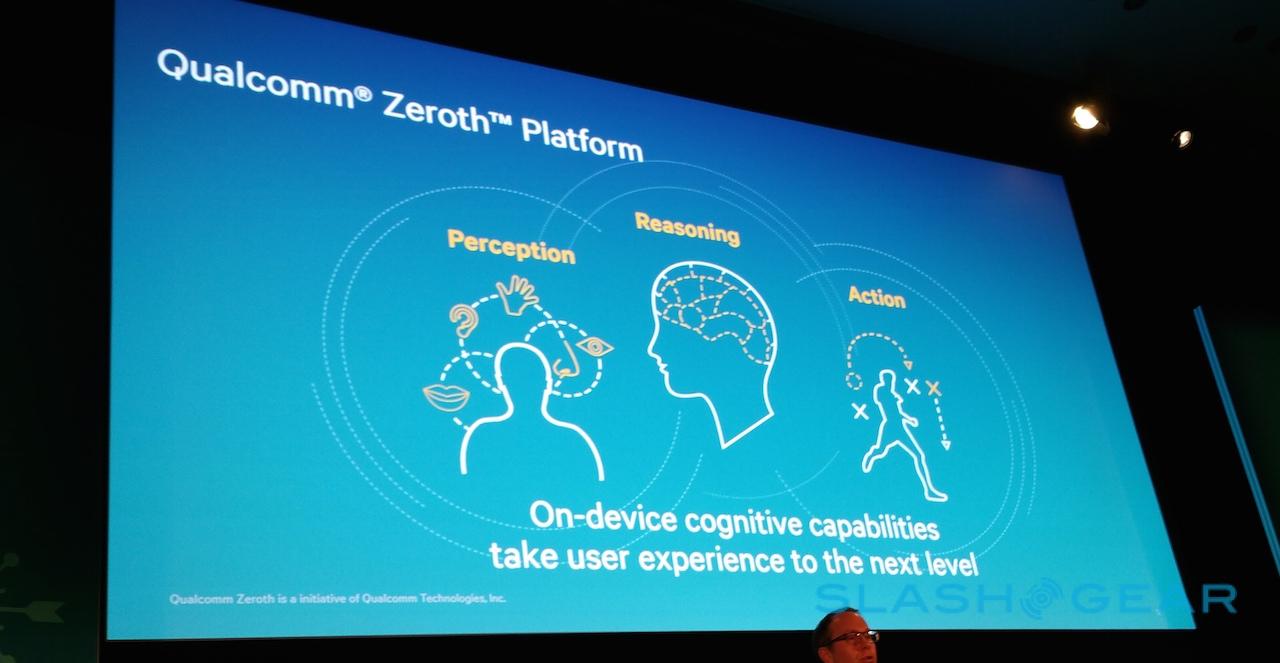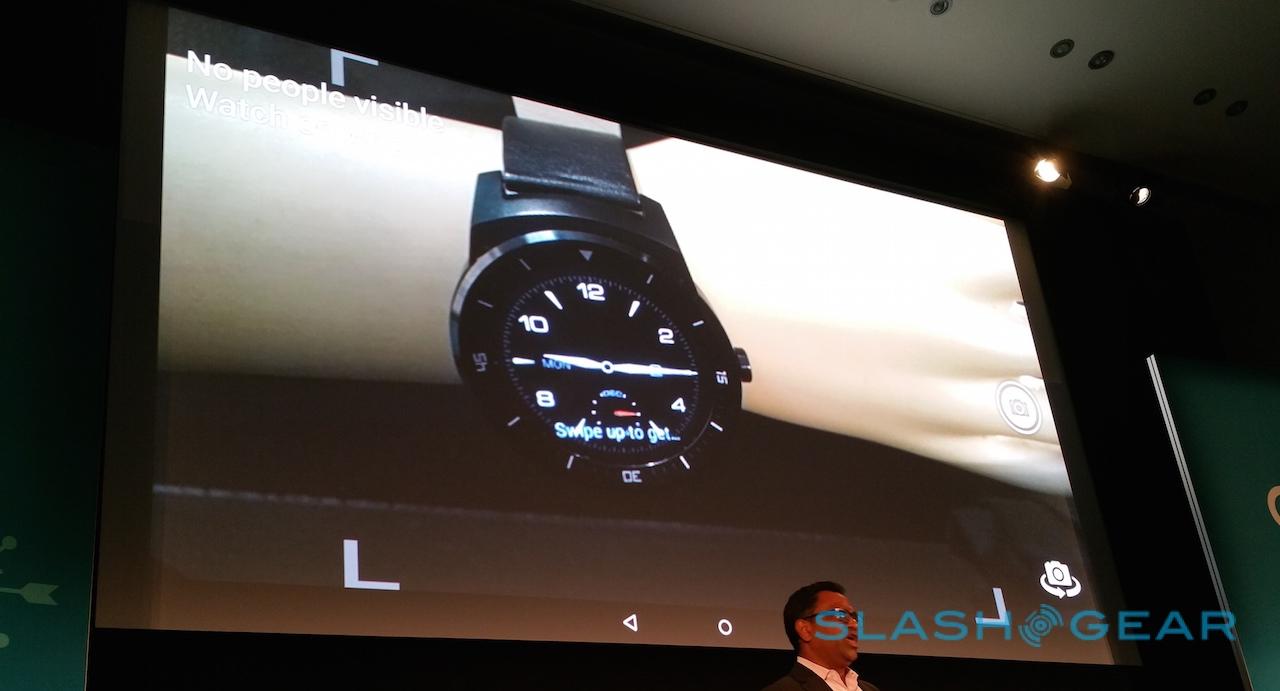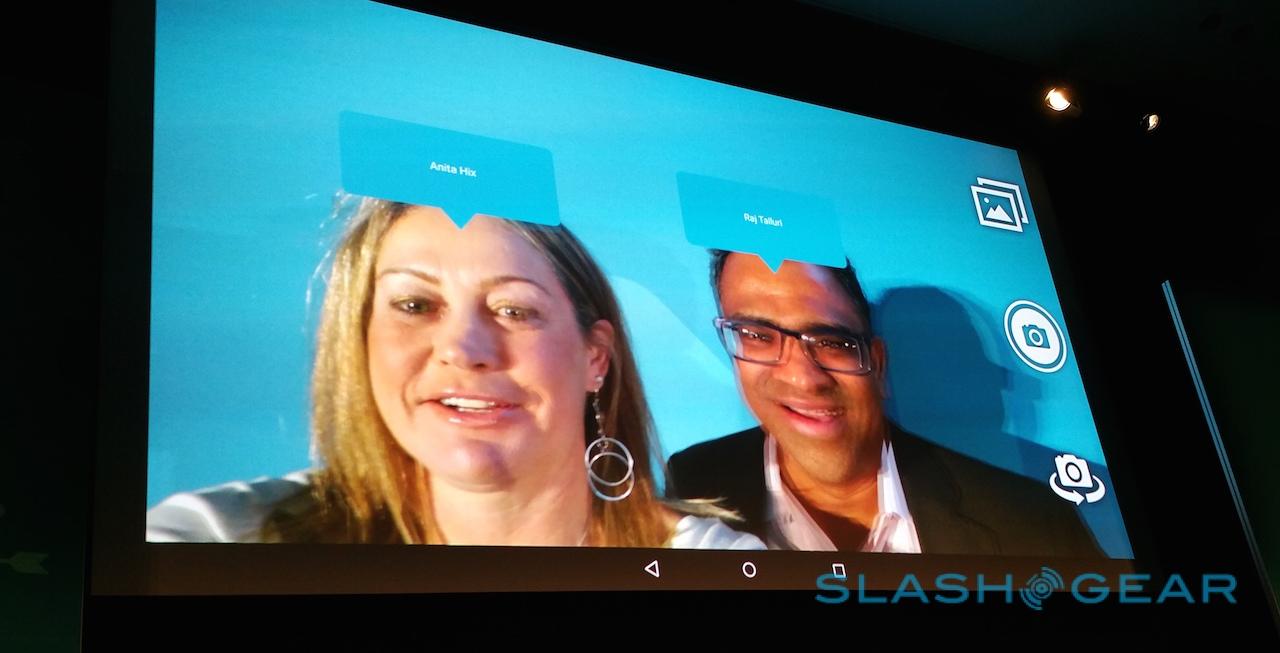"Thinking" Phones & Cars Promised By Qualcomm Zeroth
Our mobile gadgets may be fast, but that doesn't mean they're necessarily smart, something Qualcomm is aiming to change with its Zeroth contextual platform. Aiming to bring skills like visual perception, behavioral analysis, and audio recognition to future phones and tablets, Zeroth also has applications in tomorrow's cars, Qualcomm suggests. Initially, though, the demonstrations are a little more humble, like camera apps that can be trained to recognize people and objects.
In Qualcomm's keynote here at Mobile World Congress, for example, the company had a new camera app which tapped into Zeroth. It could not only be trained to spot different gadgets – it identified a watch, for instance, when that was moved in frame – but individuals, flagging them with their name.
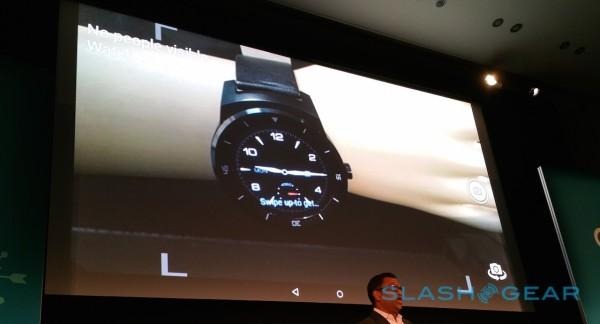
While that's certainly useful if you're an avid snapper when out with friends and family, but can never ben bothered taking the time to actually tag them on Facebook and other social platforms, it's only really scratching the surface of what Qualcomm says Zeroth is capable of.
For instance, future cameras could enable object and text search, identifying what's in each still or video and then making it indexable for easier recall later. Similarly, a combination of sensors could allow devices to figure out whereabouts they are and the nature of the environment around them: whether they're in public or private, for instance.
As connectivity standards proliferate – Qualcomm is pushing LTE-U, for instance, using unlicensed 4G spectrum alongside the traditional carrier bands – Zeroth could be relied upon to intelligently switch between different wireless pathways, or use a combination of them to maximize bandwidth.
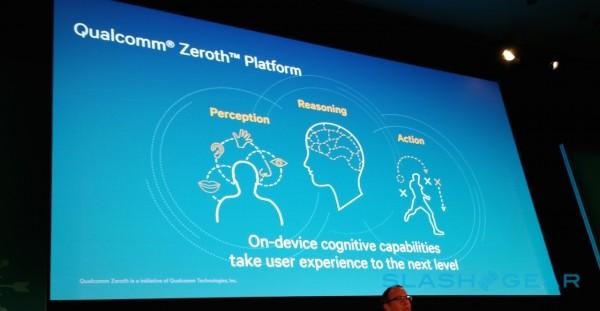
Facial and gesture recognition, smart security that automatically controls device and app locks depending on the user and the current malware threat level, and dynamic audio that adjusts depending on where the listener is facing and how they're moving their head, are also possibilities.
Zeroth uses a combination of hardware and software, relying on heterogeneous processing to crunch bigger quantities of real-time data coming in from increasingly complex sensor arrays.
Whether it'll make your car a more intelligent self-driver, or just allow you to adjust the volume with a wave of the hand, remains to be seen as Qualcomm fleshes out the system, but anything that improves usability with less stress on the user themselves can't be a bad thing.


